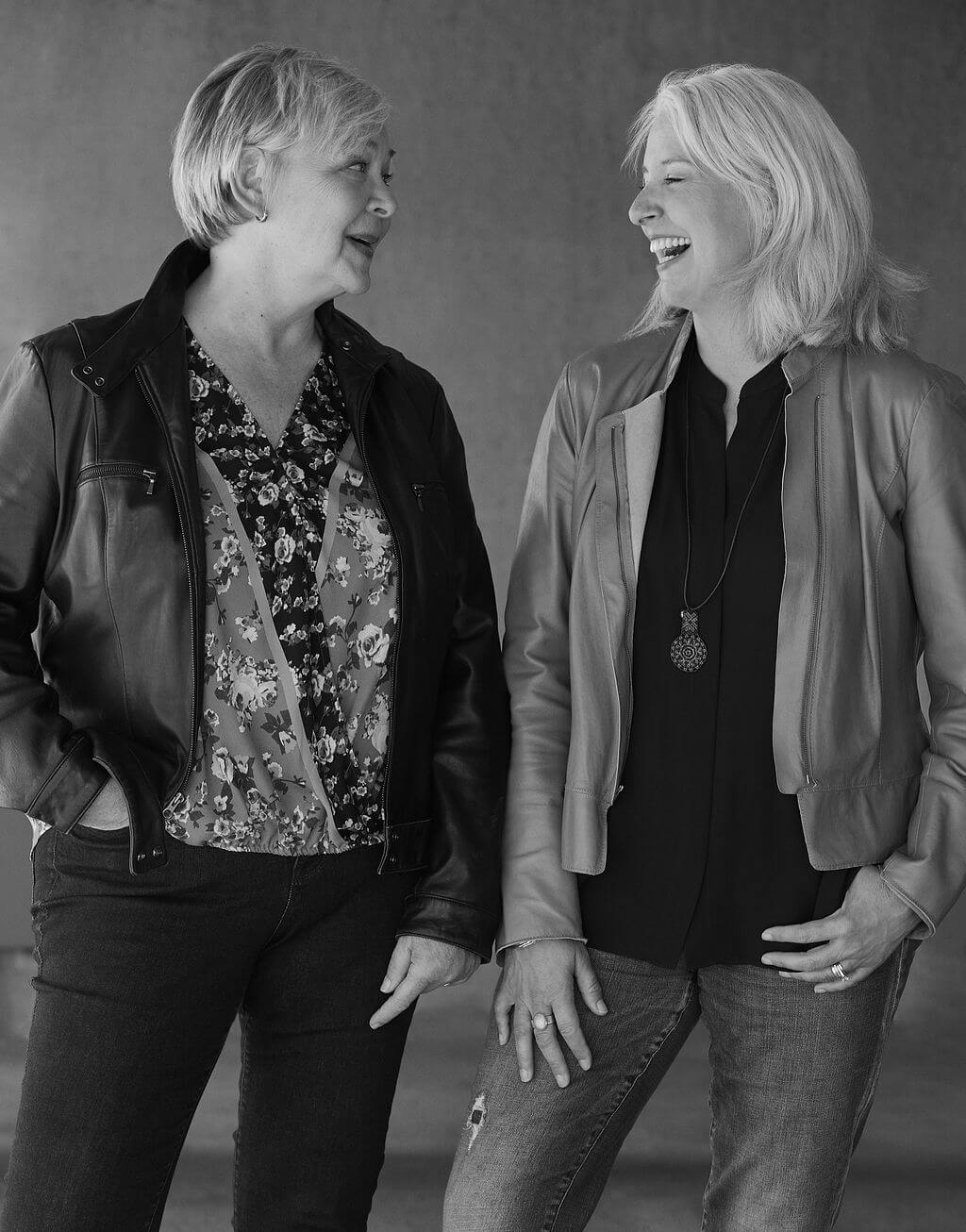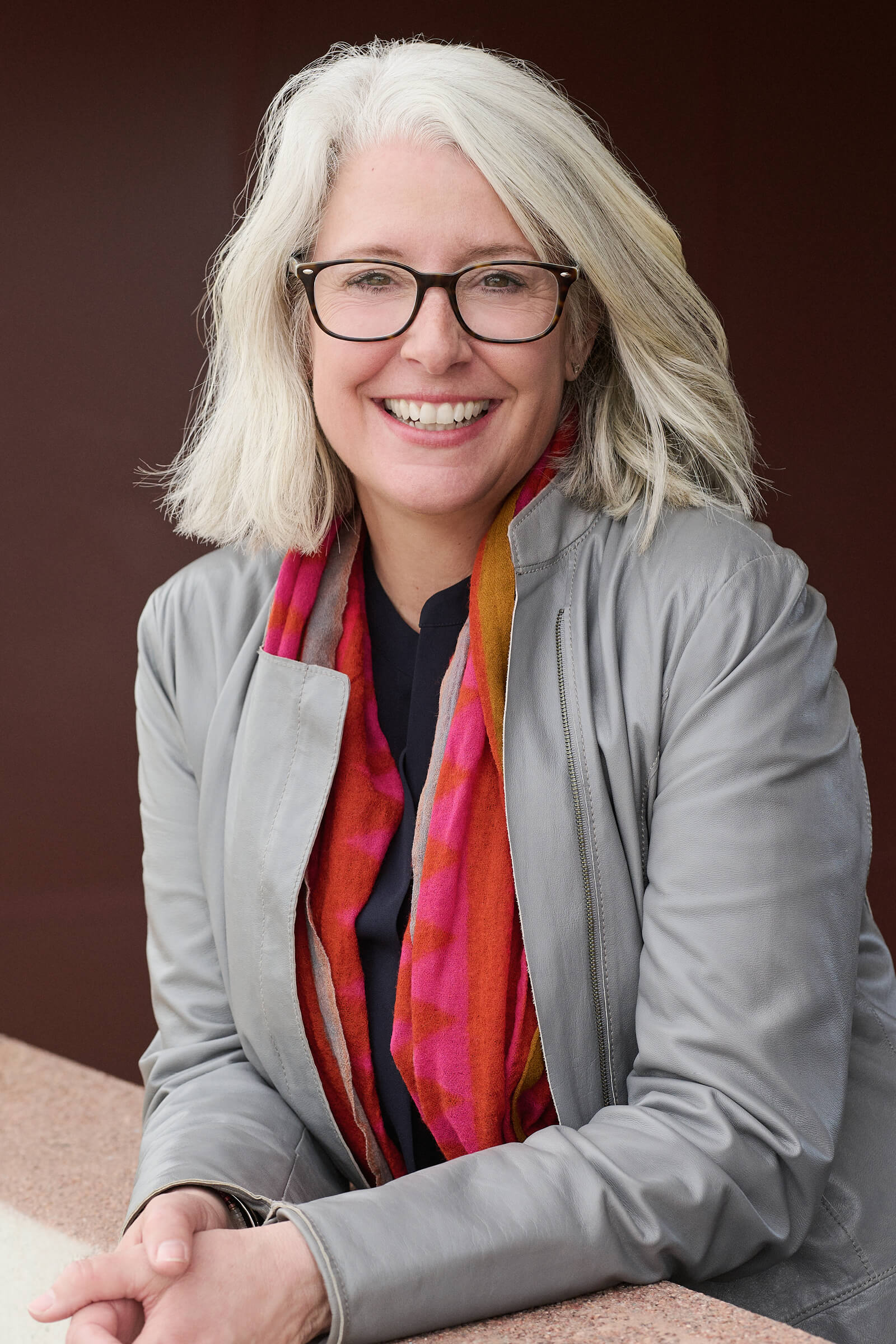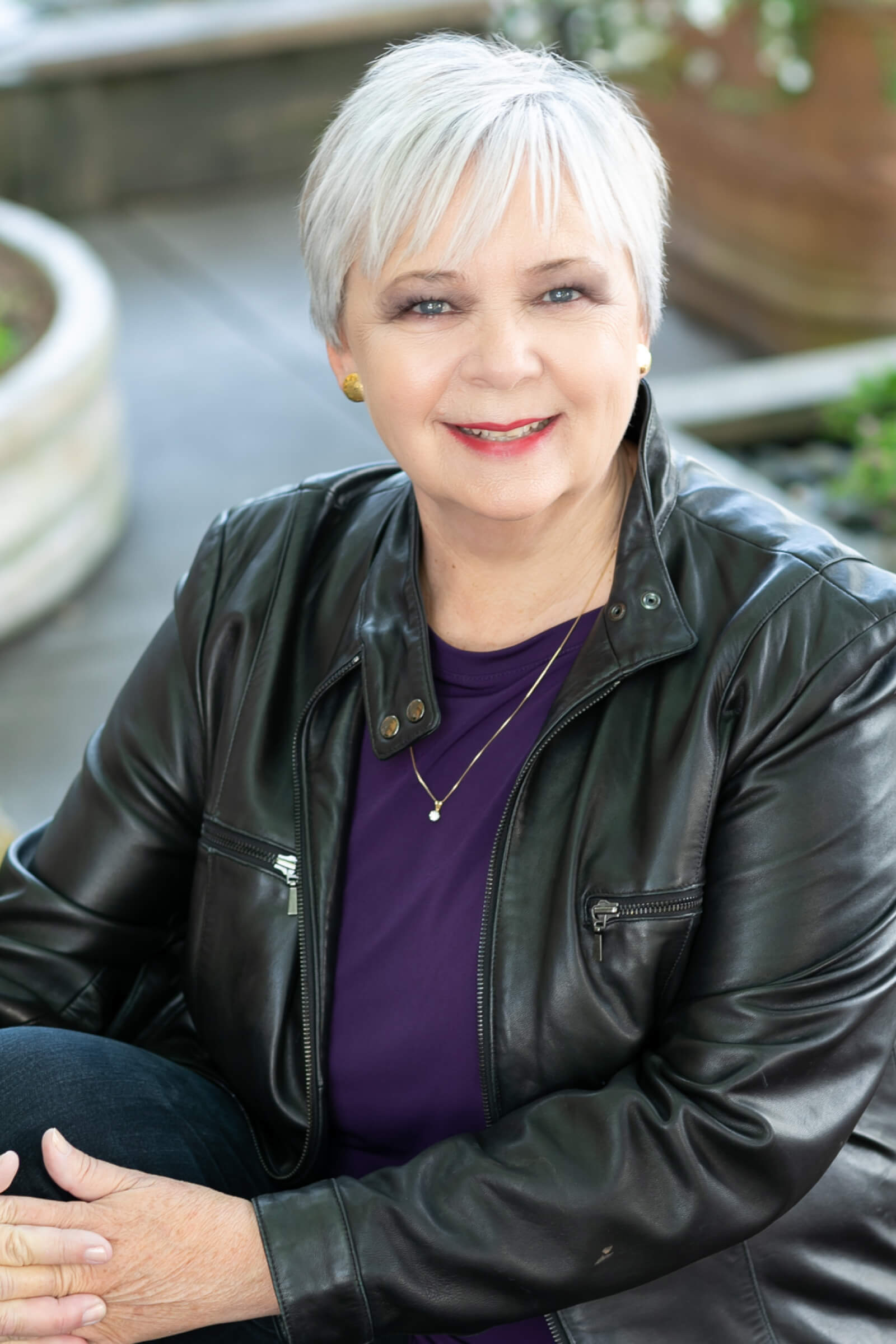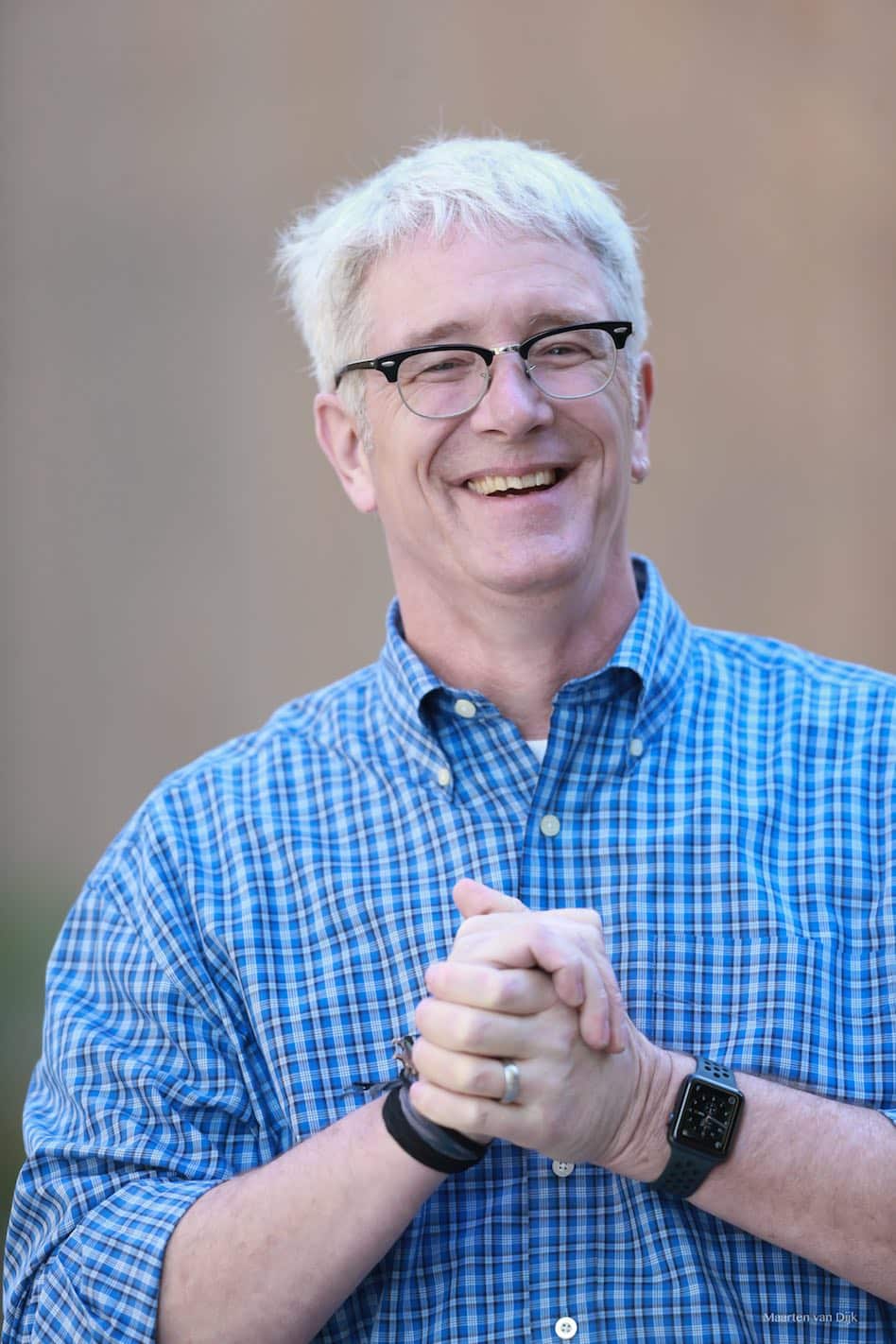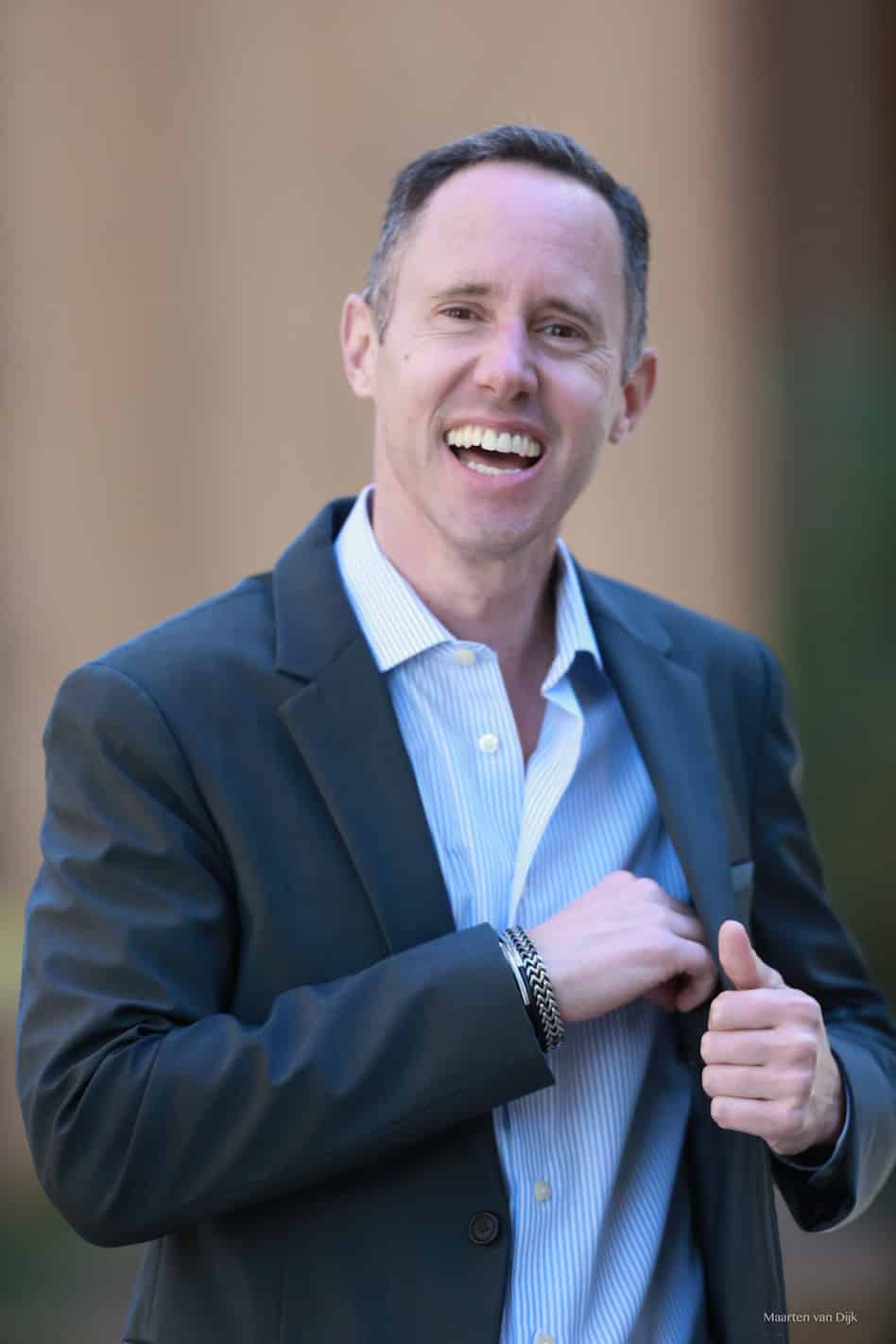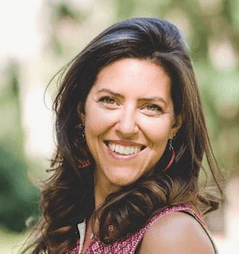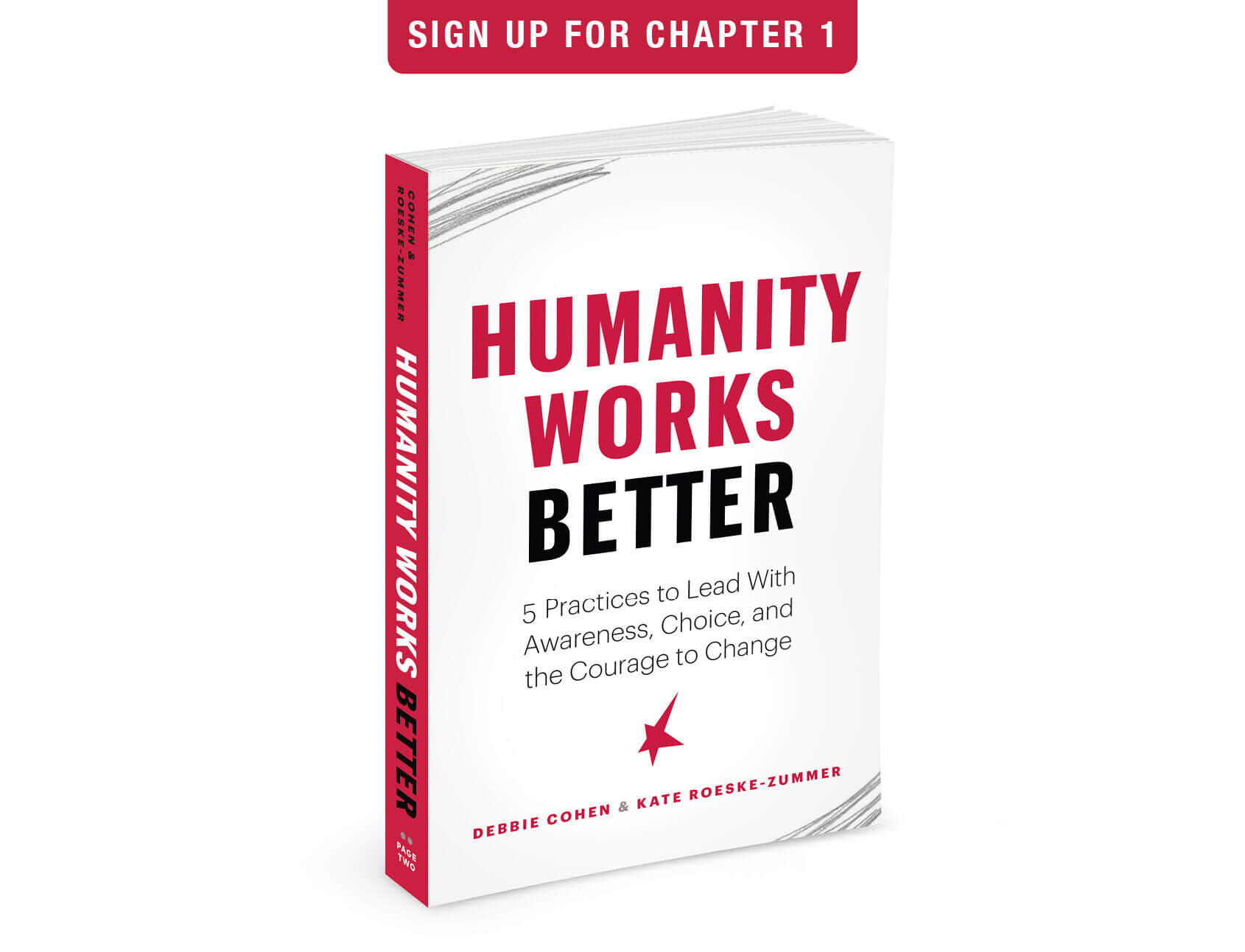At the time, Debbie was the Chief of People for Mozilla and Kate was co-owner of StepUp Leadership. Kate was in-training to become certified to lead this approach. Debbie was there as a participant to learn the model and assess if the approach had potential within Mozilla. What’s funny about their first meeting is when you are your most compelling self, others want to connect with you. It must have worked because they were drawn to each other and have been learning and working together ever since!
Their first big collaboration was the leadership program Debbie was working on for Mozilla. She wanted to create something that spoke to the unique culture of Mozilla, which was a rapidly scaling global, open-source movement.
Kate, and her then-business partner became Debbie’s partners of choice. Their goal was to create a leadership program that was transformational not transactional. Working together, they co-created what became branded as LEAD: Leadership Exploration And Discovery, a totally unique approach to developing leaders. This exploratory leadership model allowed people to uncover who they really are, as well as who they want to be and bring that full human potential into their leadership. Micha Anderson, the Senior HR Business Partner who supported the very large engineering function, notes “Mozilla’s director population really shifted from a victim mindset to people really leaning in and using their voice to make change.” This program became the catalyst for TRIBE, a deconstructed version of LEAD, focused on providing skills and techniques to help all members of the Mozilla community gain insights about themselves and work better together. It ran successfully for over 8 years.
Fast forward several years, Kate was now running StepUp Leadership on her own and Debbie had left Mozilla and gone on to do a number of other projects. Debbie and Kate began taking on several projects together, most focused on group dynamics of leadership teams. They began to notice some repeating themes: lack of trust in one another, inability to constructively navigate conflict, self-protective behavior, and repeated cycles of reactive behavior. The impact of these behaviors (and others) was gridlock – a lack of forward momentum for the company. No amount of process and procedure could fix what was broken.
What these teams needed, and what Kate and Debbie were able to provide were insights, tools and techniques so people could get into relationship with one another and work better together.
It was working. The work they were doing in organizations was working, again.
They were also exploring organizational gaps and pain points. They honed their focus on front-line managers, using mountains of qualitative and quantitative evidence to indicate this as the high-leverage layer to effect change and drive engagement within most organizations. Their working assumption: if managers were functioning from their highest potential, a ripple effect could be created with the humans they are responsible for and with those they work interdependently with. A bit LEAD-like, the idea used a cohort model to affect a sea-change in how people were working together to get things done so organizations and their people would thrive.
Simultaneously, they had been talking about whether or not this is a movement, a “gorilla sea-change” for HR or, a big shift in the way it contributes to an organization’s success. Kate and Debbie reached out to a group of people they lovingly refer to as “The Dream Team” to talk about the impact that they were having. Kate and Debbie had been approaching the dialogue through the perspective of creating a new product, a program for HR, which would be part of the overall mix of programs they offered. And from a quiet place of contemplation on the couch, Mihca (one of our dream teamers) boldly declared: “You cannot lead a movement part time, YOU are the champions of this movement.” In that moment Kate remembers her heart dropping; Deb’s hands were beginning to sweat. Their eyes locked on each other and without saying anything, they knew they were being called forward. HR was not their target it was all people in the workplace. We had bigger things to do in the world. It was up to us to help bring more humanity to the workplace so we could change the world of work for everyone because Humanity Works Better together.

